

2019-08-03 09:28:00 Sat ET
federal reserve monetary policy treasury dollar employment inflation interest rate exchange rate macrofinance recession systemic risk economic growth central bank fomc greenback forward guidance euro capital global financial cycle credit cycle yield curve
U.S. inflation has become sustainably less than the 2% policy target in recent years. As Harvard macro economist Robert Barro indicates, U.S. inflation has remained low and stable since the federal funds rate peaked at 22% in the early-1980s. The Federal Reserve upholds the Taylor interest rate rule that the federal funds rate should increase by more than the next likely rise in inflation. This monetary policy rule accords with the U.S. dual mandate of price stability and maximum sustainable employment. In New Keynesian macroeconomic models, interest rate adjustments can cause real movements in inflation, employment, and the economic output gap due to monopolistic competition and sticky-price persistence.
Former IMF chief economist Olivier Blanchard and his MIT PhD student Jordi Gali show that solo price stabilization would be equivalent to attempting to stabilize both deviations of general prices and economic output gaps from the respective targets. Blanchard and Gali refer to this macroeconomic stabilization principle as the divine coincidence. Nevertheless, the divine coincidence may disappear due to real wage rigidities and financial market frictions. On balance, mainstream macroeconomic models cannot plausibly explain the recent great moderation of low inflation near 1.5%-2% despite gradual and consistent interest rate cycles.
If any of our AYA Analytica financial health memos (FHM), blog posts, ebooks, newsletters, and notifications etc, or any other form of online content curation, involves potential copyright concerns, please feel free to contact us at service@ayafintech.network so that we can remove relevant content in response to any such request within a reasonable time frame.
2019-09-21 09:25:00 Saturday ET
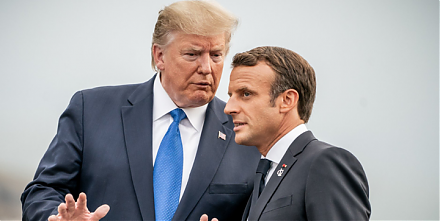
President Trump praises great unity and progress at the G7 summit with respect to Sino-U.S. trade conflict resolution, global climate change, containment fo
2018-11-29 11:33:00 Thursday ET
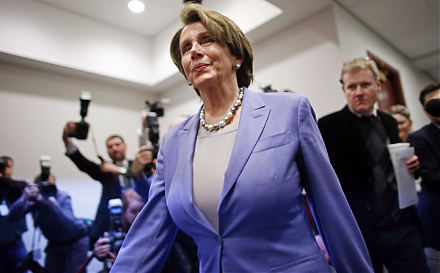
A congressional division between Democrats and Republicans can cause ripple effects on Trump economic reforms. As Democrats have successfully flipped the Ho
2019-11-15 13:34:00 Friday ET
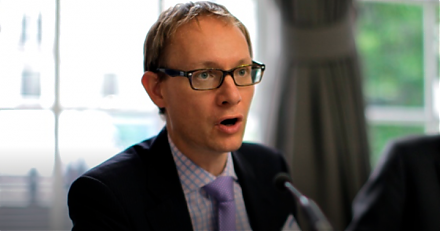
The Economist offers a special report that the new normal state of economic affairs shines fresh light on the division of labor between central banks and go
2019-10-03 17:39:00 Thursday ET
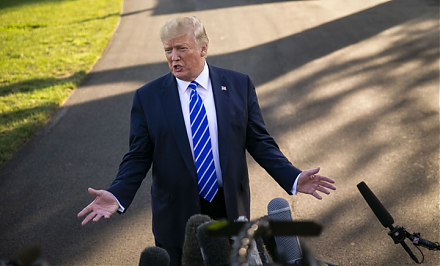
President Trump indicates that he would consider an interim Sino-American trade deal in lieu of a full trade agreement. The Trump administration defers high
2019-02-28 12:39:00 Thursday ET
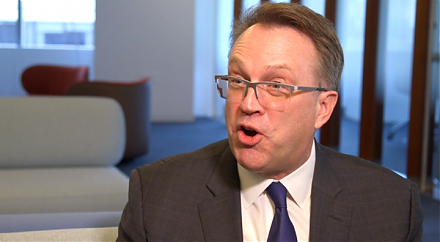
New York Fed CEO John Williams sees no need to raise the interest rate unless economic growth or inflation rises to a high gear. After raising the interest
2018-09-09 13:42:00 Sunday ET
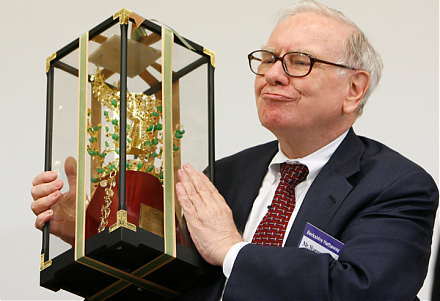
Warren Buffett shares his key insights into life, success, money, and interpersonal communication. Institutional money managers and retail investors ca